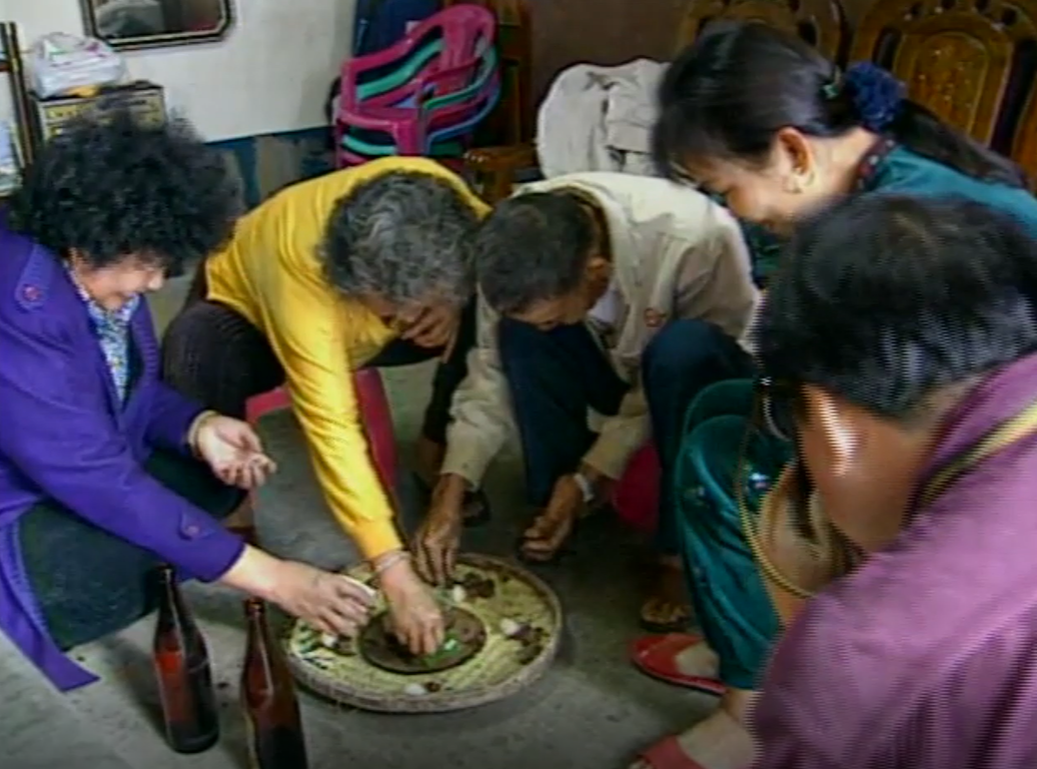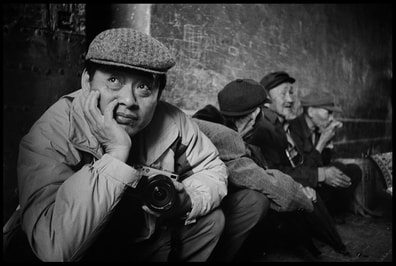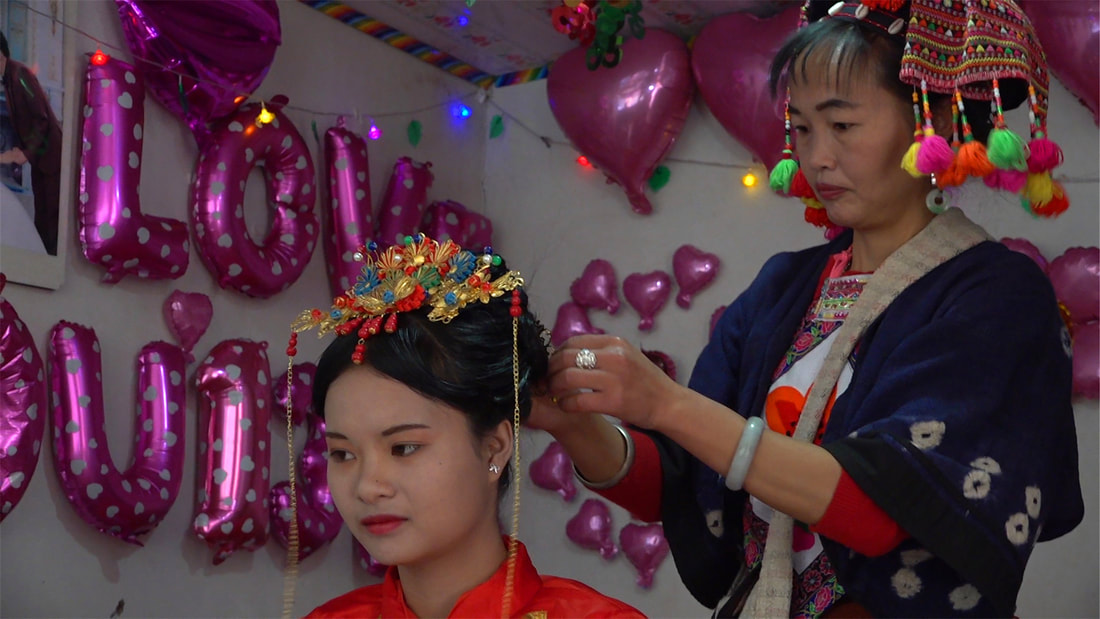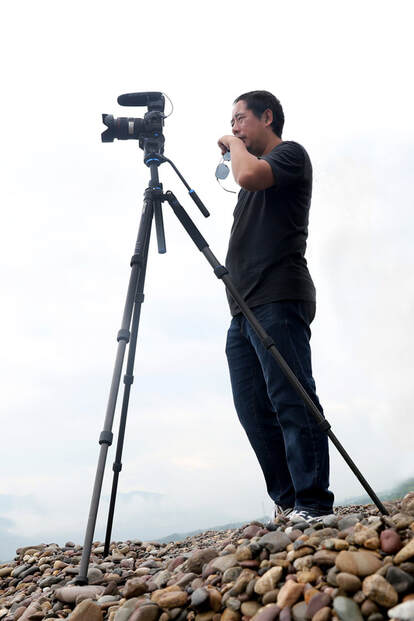Kavalan of Bird Stepping Stone Village《鳥踏石仔的噶瑪蘭》
Director: Bauki Angaw / Chao-Cheng Pan 1997
Synopsis: Growing up in mainstream Han Chinese society in Taiwan, the director believed that he was a Fuk Lao (Fujianese). But in his thirties, he accidentally discovered his true ethnic identity as a part of a Kavalan family that has lived in Yilan for thousands of years. After plundering, separation, migration, discrimination, and concealment, the family finally returned to find their roots in the land of the Kavalan people in Yilan in the summer of 1997. This documentary not only describes director Bauki Angaw’s personal and family identity stories, but presents the unfortunate experience of the Kavalan people in Taiwan’s history. Five years after the completion of this documentary, the government finally officially recognized the Kavalan as a native Aboriginal people of Taiwan on December 25, 2002. |
BAUKI ANGAW / Chao-Cheng PanBauki Angaw (Kalavan)/Chao-Cheng Pan (Chinese) is a filmmaker, activist, and teacher. He holds the position of Assistant Professor of Communications at Tzu Chi University in Hualien, Taiwan. He is also the Chairman of the Kavalan Development Association of Hualien County and a teacher in the Aboriginal Tribal University of Hualien County. He graduated from Tainan University of Arts, Institute of Audiovisual Recording, in 2001. In the 1990s, Bauki Angaw worked as a journalist and photographer for print publications as well as the “Indigenous Peoples News Magazine,” a public television station. He completed his first documentary film, “Kavalan of Bird Stepping Stone Village” in 1997; since then, he has directed 18 documentary films on Aboriginal rights and cultures in Taiwan.
|
lost here, living here《丟失在這裡,住在這個村》
Co-directors: BI Fang, LI Xin 2019, 80 mins Synopsis: Lost Here, Living Here is an oral history of two generations of Dai women, living along the upper Yangzte River in Yunnan province, China. The film reflects upon their everyday lives and histories, while examining issues of ethnic minority identity, social marginality, cultural heritage, and human dignity through an alternative cinematographic narrative. |
li xinLecturer in New Media Art, School of Fine Arts, Yunnan Arts University, China
Li Xin is a visual anthropologist and filmmaker; he is a co-founder of From Our Eyes, the leading organization for community-based participatory documentary filmmaking in west and southwest China. He has produced a dozen ethnographic films since 1997, many of which have screened at film festivals worldwide. Li Xin is currently completing a degree in Southeast Asian Studies at Chulalongkorn University, Bangkok, Thailand.
|
A Dialogue
Zoom conversation with Bauki Angaw, Li Xin, and Jenny Chio. Translation and subtitles by Tami Blumenfield.




